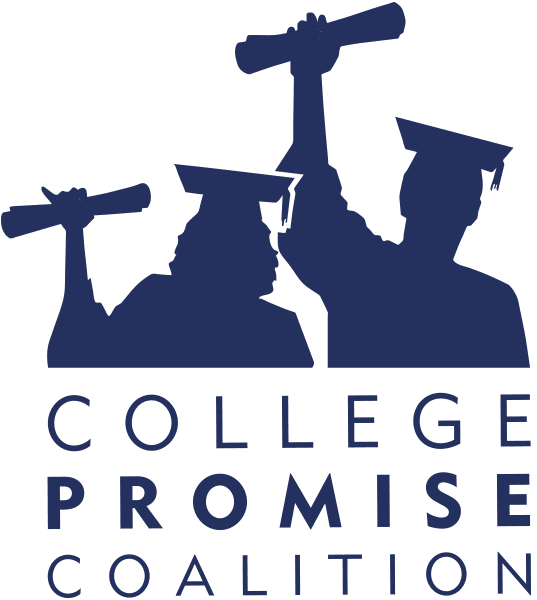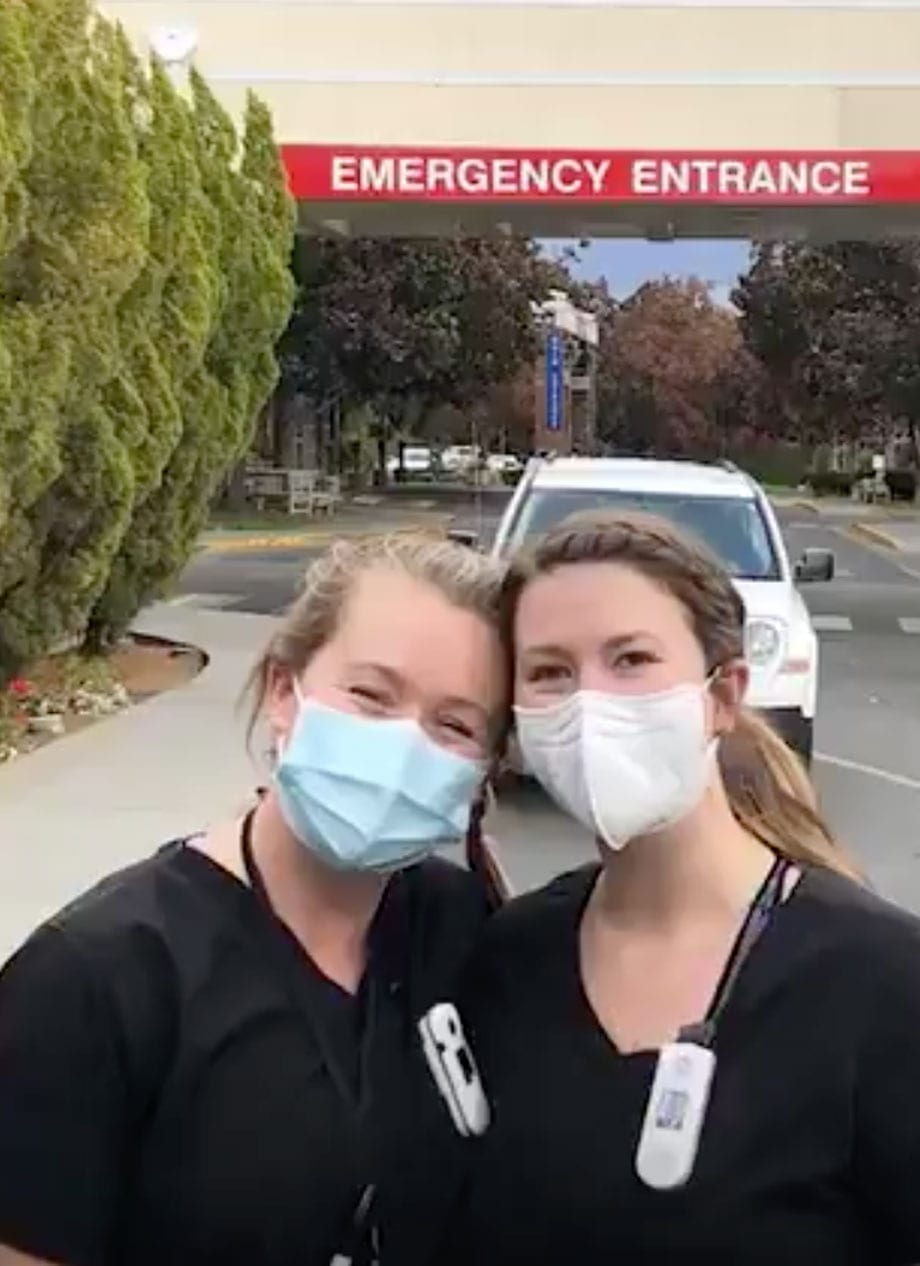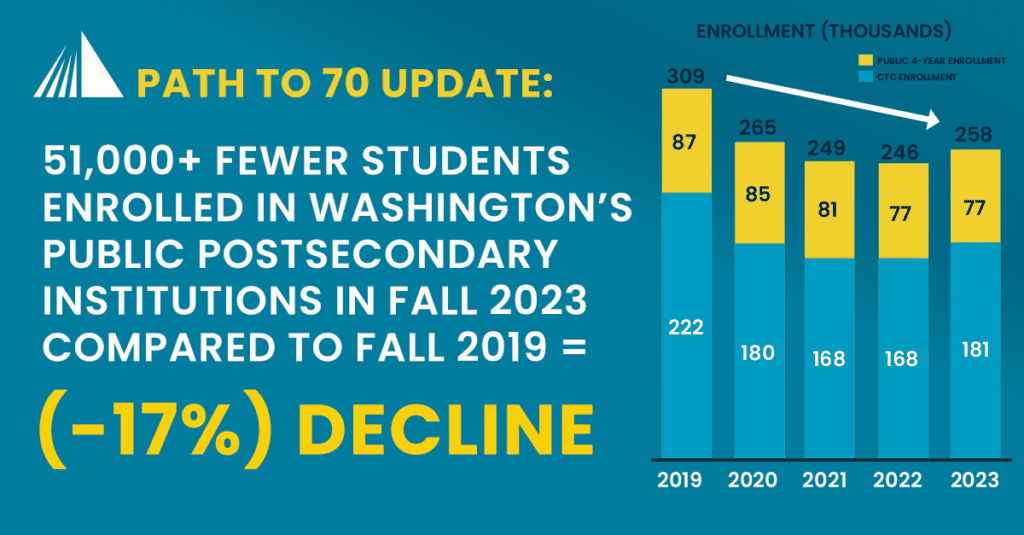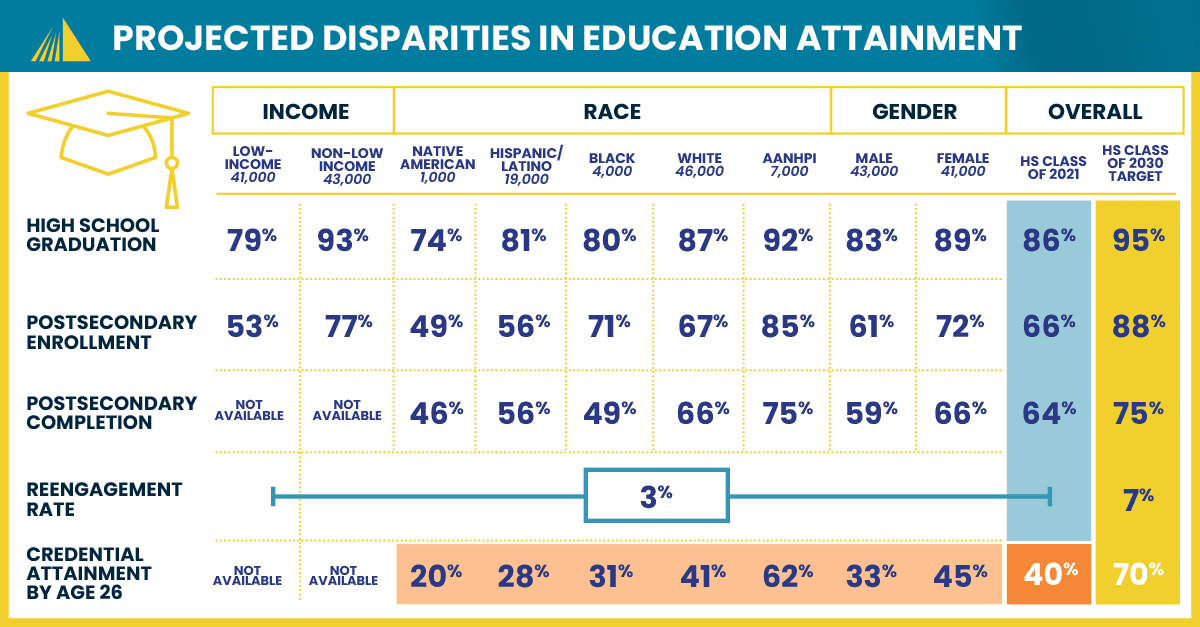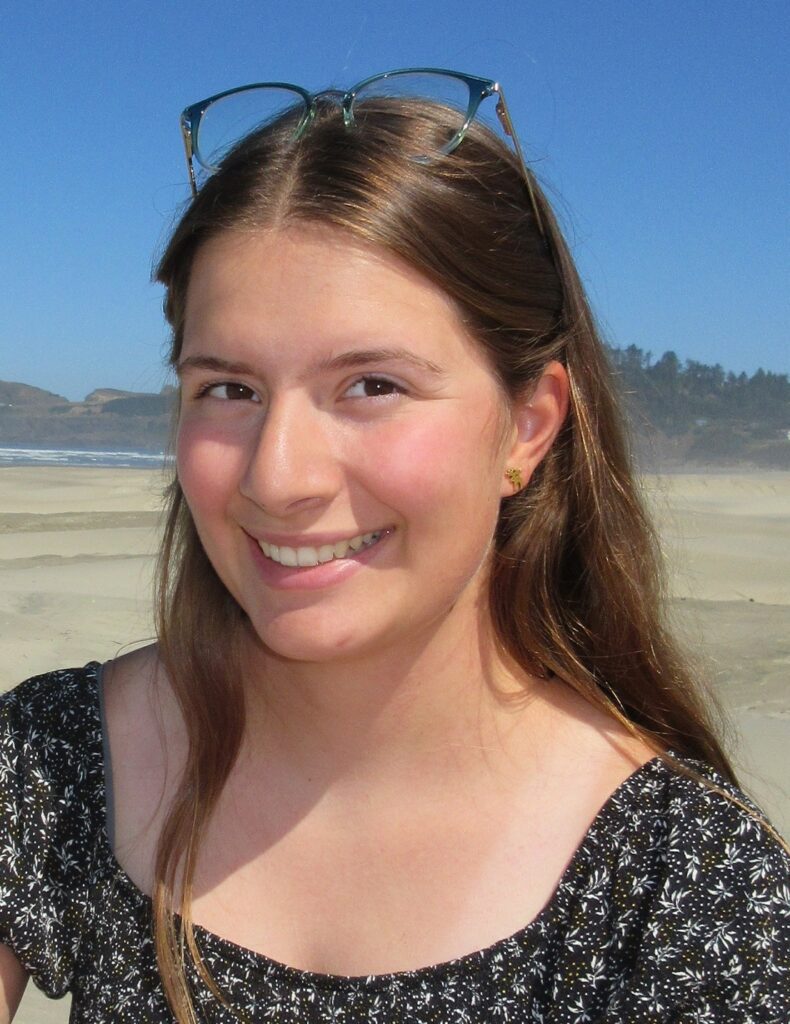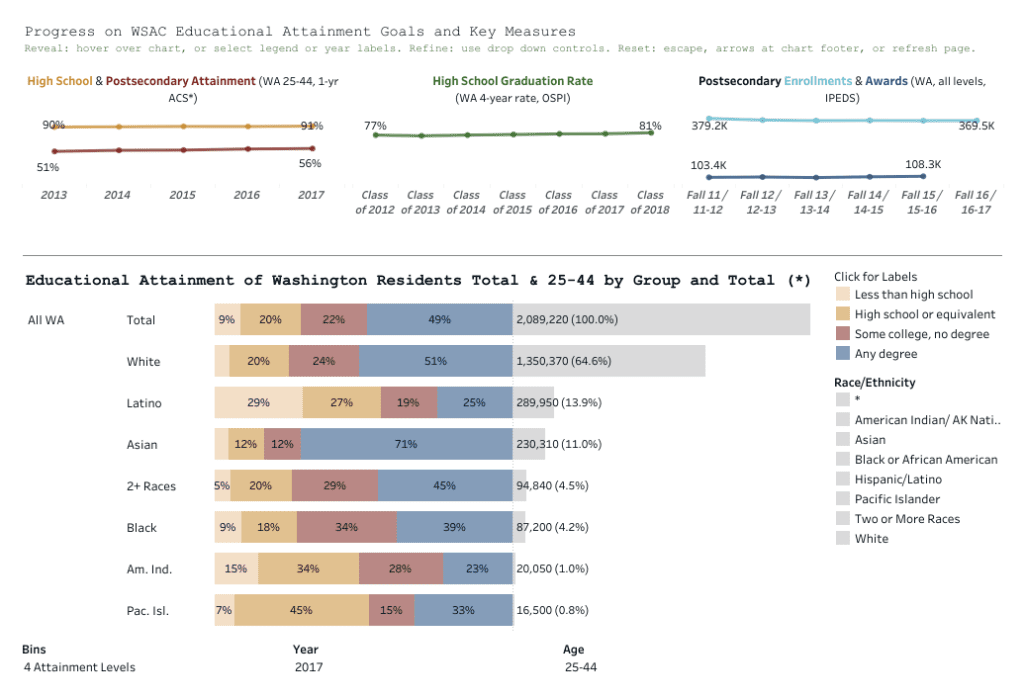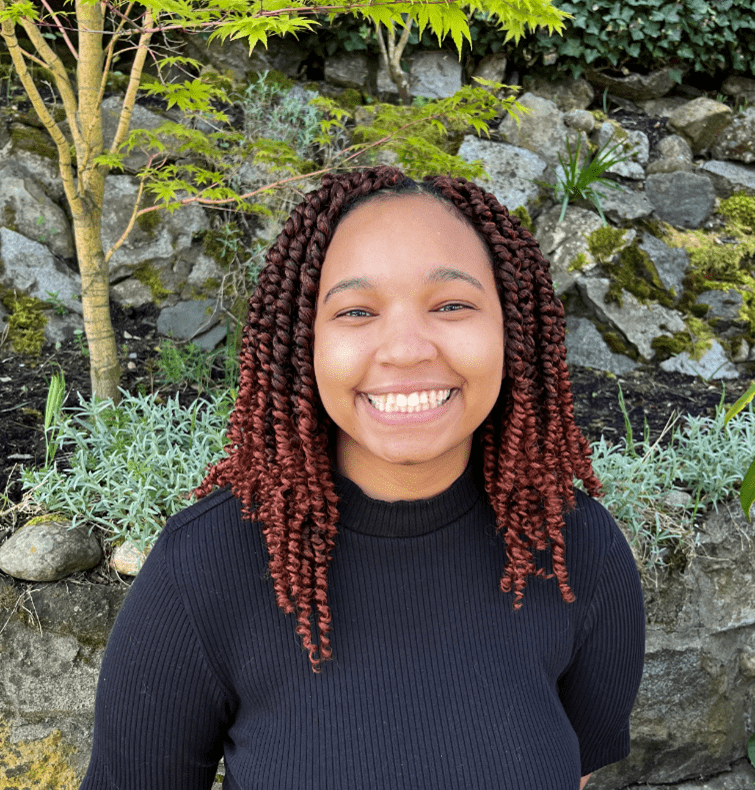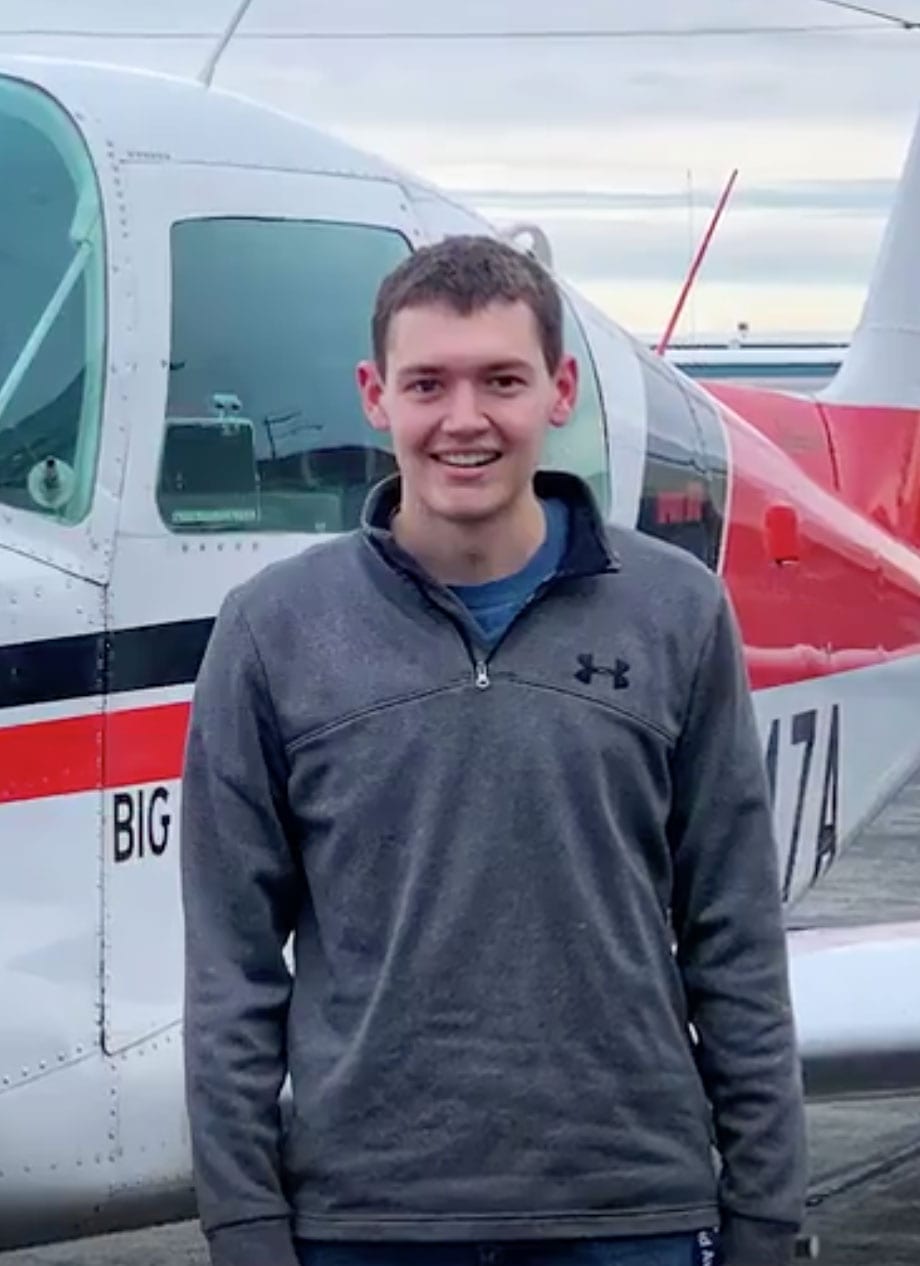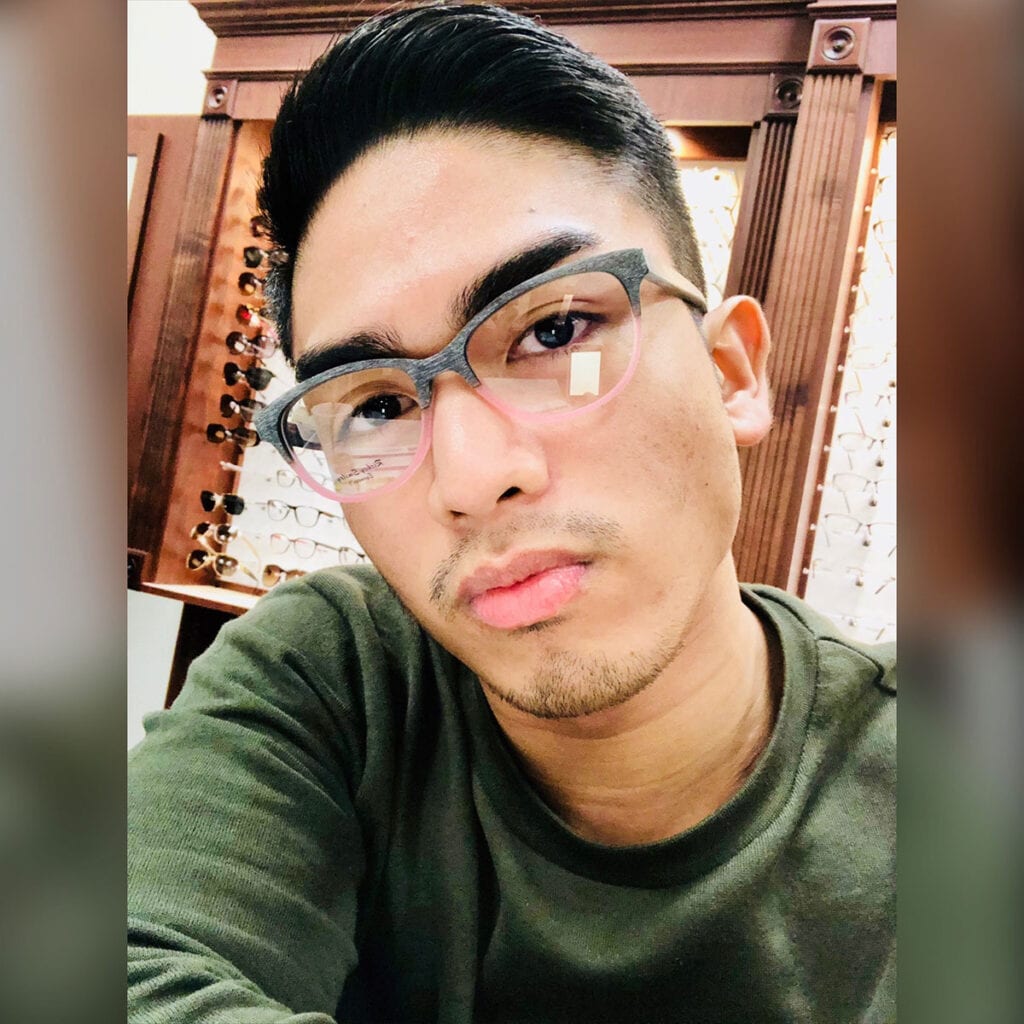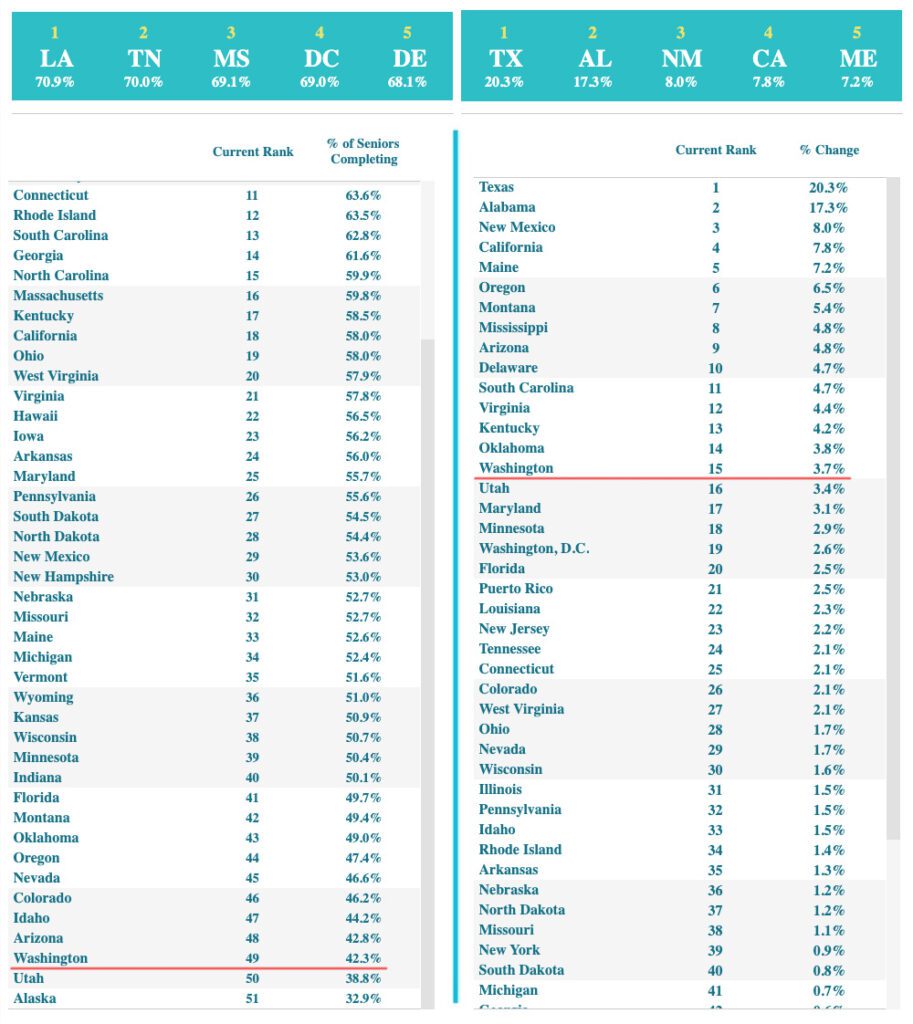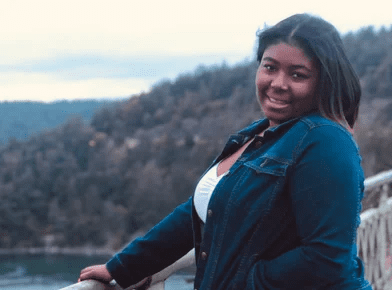Washington students have big dreams for their futures
Washington students aspire to careers in many fields — agriculture, engineering, health care, technology, and much more. Many seek skills that will enable them to best serve their communities. Others aspire to be the first in their family to attend college. Students rely on financial aid, scholarships, and other vital supports to get and stay on a path to a credential.
Our goal remains the same: that 70% of Washington students will earn a credential by the high school class of 2030. But many industries are facing critical workforce shortages, and even before the pandemic, post-high school education enrollment and credential attainment rates had flattened. As Washington works to recover and rebuild from the pandemic, investing in students and our future workforce is essential.
The enrollment crisis continues
Most jobs in Washington state, even before the pandemic, were filled by workers who earned some form of postsecondary credential — such as a degree, certificate, or apprenticeship. Credentials also protect Washingtonians from changes in the economy.
Despite the economic necessity of earning a credential beyond high school, far too few Washington students are completing postsecondary education and training. Fall 2023 enrollment at Washington’s public two- and four-year institutions is down by more than 50,000 students compared to fall 2019.
Additionally, the estimated credential attainment rate for the high school class of 2021 is 40%—three percentage points lower than the class of 2019. Our Black, Hispanic and Latinx, and Native American students are projected to earn credentials at even lower rates.
Young Washingtonians and displaced workers alike will need postsecondary education and credentials to meet the demands of today’s world and secure a better tomorrow.
Provide free access for students to earn college credit in high school
Enabling students to earn college credit while in high school is a proven strategy to increase enrollment and persistence in postsecondary education. Research indicates that students who earn college credit during their high school experience are more likely to graduate high school, persist into a second year of post-high school education and complete a bachelor’s degree within four years.
In 2023, the state legislature approved tuition-free College in the High School classes, enabling many more Washington students to complete college credit while in high school. Building on this momentum to continue to expand access to dual credit programs in public and private, not-for-profit colleges and universities will launch more students toward success in post-high school education and careers.
Receiving a grant helps me stress less and spend more time working on my education. I currently still work and balancing work to pay off loans and education to advance towards my career goals can be challenging.
Micah, first-year Biology (Pre-Health) student at Gonzaga University
[Education is] important to me because I wanted to be the first in my family to finally be able to have the chance in going to college and learn and achieve my goals. Also, I wanted to show an example to my younger siblings that anything is possible for you, you just have to put the time and energy into it.
Anjelique, first-year nursing student at Big Bend Community College and the first in her family to attend college
Without the Washington College Grant, I would not have even considered pursuing postsecondary education. The Washington College Grant has removed my financial barriers allowing me to pursue my goals and the confidence to know that I can make a bigger impact in my community.
Matthew, second-year biology student at Edmonds Community College and first in his family to attend college
Lillian, first-year biology and German student at Pacific Lutheran University
Support far more students on the path to credential attainment
Far too many young people have not enrolled in post-high school education or training as planned, and progress toward their career goals has stalled. Also, a record number of Americans are resigning from their jobs, driven by labor market changes and accelerated by the pandemic. Many career switchers are realizing that they need additional education and training to land a new job.
Progress on Washington Student Achievement Council (WSAC) educational attainment goals and key measures
We must take action now to ensure Washingtonians have the opportunities to earn a credential and succeed in the workforce.
Amanda, fourth-year Evergreen State College student and first in her family to attend college
Achieve 100% financial aid form completion
“Without the Washington College Grant, I would’ve worked more hours outside of work-study and felt more financially insecure. I most likely would have taken out an additional loan, which would’ve been an additional financial hardship. I’m lucky to have not experienced that!”
Zari Warden is a Washington Grant recipient, currently attending Pacific Lutheran University and studying Communication (Film and Media) and Gender, Sexuality, and Race Studies, and minoring in music. In this Q&A, she shares the details of her journey to higher education.
Q. Can you introduce yourself and share what you’re studying?
Zari: My name is Zari Warden. I attend Pacific Lutheran University. I study Communication (Film and Media) and Gender, Sexuality, and Race Studies. I am also minoring in music.
Q. What are your goals after graduation?
Zari: My main career goal after college is to pursue marketing and communications work for nonprofit organizations. My other goals include making and performing my original songs and working on a podcast series I started for my senior capstone.
Q. Why did you decide to go to college?
Zari: I initially considered making music full-time, but I didn’t have the resources. So, I applied to various colleges and chose PLU because of my financial aid package. I’m glad I went because I found my passion for content creation and active advocacy work. I learned about my and others’ various identities and communities and gained a new perspective on how I want to live.
Q. What challenges have you faced in college?
Zari: The most significant challenge I faced was learning how to prioritize myself, my needs, and the people I wanted in my life. PLU’s counseling center helped me get on track to find a full-time therapist. Also, taking the ideals from my Gender, Sexuality, and Race classes, such as rest being resistance, finding pleasure, and building meaningful relationships, helped me combat the urge to partake in grind culture, unrealistic expectations, and harmful interactions.
Q. When did you first learn about the Washington College Grant? How did you feel when you found out you qualified?
Zari: I hadn’t heard about the Washington College Grant until I read my financial aid package from PLU. All I knew then was that I received additional support because of my family income and that the state helped me, but I didn’t have any other details. Nonetheless, the grant saved me SO much money these past four years. When I learned I qualified, my reaction was, “Great, I won’t be in as much student loan debt!” And that goes for all of my financial aid from the state and federal levels. That financial support lifted a massive weight off my shoulders.
Q. Would you have gone to college without financial aid?
Zari: My parents expected me to attend college, whether I received financial aid or not. And I didn’t have any other plans. However, the grant alleviated the stress of how much I would’ve had to pay out of pocket or take out in private loans in addition to my federal loans.
Q. What would college have looked like without the WA Grant?
Zari: Without the Washington College Grant, I would’ve worked more hours outside of work-study and felt more financially insecure. I most likely would have taken out an additional loan, which would’ve been an additional financial hardship. I’m lucky to have not experienced that!
Q. What do you wish more students knew about financial aid?
Zari: I wish more students had more education about financial aid, such as applying for FAFSA. Many underprivileged students don’t know how or have the resources to learn how to apply. I was lucky my mom could help me fill it out, but not everyone has parents or family members who can assist with that process.
Q. What’s your advice for students applying to college?
Zari: My advice is to apply, even if it seems scary or overwhelming! If you need resources or assistance, go to someone you trust and ask where or who you can go to for help.
Q. What are you most excited about post-graduation?
Zari: I’m most excited to continue impacting the community using the skills and resources I’ve discovered and which I carry with me. I’ve grown a lot in the past four years and learned about relationships between myself and others. I can’t wait to take everything with me as I continue my professional and personal journeys.
Q. How do you hope to use your education in the future?
Zari: I aspire to use my education to help people join in solidarity, unity, and communal action. I also hope my education will strengthen my connections with my family, friends, workplace, and community.
Receiving the Washington College Grant changed the question from “Can I afford higher education?” to “What school do I want to go to?”
Colton Nussbaum, a Washington Grant recipient currently attending Whitworth University and studying business management and minoring in music, discusses his journey to higher education in this Q&A!
Q. Tell us a bit about yourself!
Colton: My name is Colton Nussbaum, and I go to Whitworth University in Spokane, Washington. I’m a senior, studying business management and minoring in music. After college, I hope to find work in the music business. I want to work with others, building teams to accomplish projects that support an industry that fuels my passion. I have a passion for music and creativity but want to use my business degree for work.
Q. What inspired you to pursue college? Any challenges along the way?
Colton: I decided to pursue higher education because after high school, I knew I had more potential to learn. Also, coming from a very small town, I became filled with the urge to get out and see more of the world.
One challenge I faced early on was switching my major. I completed my freshman year as a music major, but by the end of the year, I found myself burnt out. The following summer, I had to make the choice to switch away from what I thought I’d major in. I ended up with an advisor in each discipline, both of whom helped me navigate this decision. Thankfully, I was able to switch to business without complications and take a minor in music.
Q. Are there any classes, programs, or activities that have helped you figure out your path?
Colton: At Whitworth, I’ve been president of pep band for two years and vice president for one. My involvement in pep band provides the opportunity to pursue music, even if not a major. The band has also allowed me to find my passion for leading and inspiring others.
Q. You’re a recipient of the Washington College Grant (WA Grant). How did you first hear about it?
Colton: I was told about the Washington College Grant when I was in late high school and exploring college as my next step. My high school advisor was helpful, informing me of options and available state assistance. When I discovered the amount of aid I would receive from the Washington College Grant, I was remarkably grateful. I realized that college was really something I could do without excessive financial worry. Above all, I felt inspired and supported to keep learning!
Q. How has receiving the WA Grant impacted your ability to pursue college or training?
Colton: Receiving the Washington College Grant changed the question from “Can I afford higher education?” to “What school do I want to go to?” It has allowed me to self-fund my education with part-time work and reduce my overall debt. With the tuition support, I was also able to afford unique opportunities. For example, my junior year, as part of the Wind Symphony, I went on tour to Thailand. Experiencing Asian culture has been impactful for my overall growth and college experience.
Had I not received the WA Grant, I would be much more worried about my student loans than my educational journey—that is if I had attended college at all.
Q. What do you wish more students knew about the WA Grant or financial aid in general?
Colton: Washington students should take financial aid seriously. Our state is generous in providing programs, but the work is on you to identify, understand, and apply to these programs. Even if you are unsure about attending college, you should apply for financial aid. It may take financial hardship out of your already big choice about pursuing higher education.
Q. What are you most excited about for your future?
Colton: As I approach graduation this spring, I am very excited for change. I’ve kept myself busy in my undergrad and am ready to change the pace to working life.
Q. How do you hope your education will help you make a difference—in your family, community, or field?
Colton: My education has prepared me to live out the Whitworth Mission to “honor God, follow Christ, and serve humanity.” Within the diversity at Whitworth, I’ve been able to explore faith in both an individual and a business realm. Inspiring others and building togetherness is what I strive to do in my future. Thanks to Whitworth and the funding that makes it possible, I believe I’m nearly ready to do so!
Be sure to apply for FAFSA. Just apply—it doesn’t hurt, and you never know what you might qualify for.
Rodrigo Ortiz Mendoza, a Washington Grant recipient currently attending Western Washington University and pursuing a bachelor’s degree in business with a concentration in Management Information Systems, discusses his journey to higher education in this Q&A!
Q: Can you tell us a little about yourself and why you decided to go to college?
Rodrigo: My name is Rodrigo Ortiz Mendoza, and I’m currently attending Western Washington University, pursuing a Bachelor’s degree in Business with a concentration in Management Information Systems. I was born in Guatemala, where education, especially in the small town where I grew up, wasn’t the best. When I was around six years old, my family moved to the United States—a decision that changed our lives forever.
Q: What inspired you to pursue higher education?
Rodrigo: My dad always wanted to pursue higher education but couldn’t because he needed to work to support our family. We moved back and forth between Guatemala and the U.S., which made it impossible for him to go to school without sacrificing work. Despite this, my parents always encouraged my siblings and me to focus on school. That encouragement motivated me to study and work hard all the way through high school. I decided to go to college because I want a better future for myself.
Q: What challenges did you face when deciding to go to college?
Rodrigo: By my senior year of high school, I realized I had no idea where I wanted to go to college. I was overwhelmed by the cost and even considered not going at all. Coming from a low-income family, we simply didn’t have enough to cover the expenses of sending me and my sister to college without taking on thousands of dollars in loans. I was close to giving up on college and just working full-time, but I knew if I went down that route, I might never return to school.
Q: What changed your mind and made college possible for you?
Rodrigo: Thankfully, my high school counselor at Blaine introduced me to financial aid and scholarships. Before that, I didn’t know resources like FAFSA and scholarships even existed. Once I learned about them, I applied to FAFSA, the Washington State Opportunity Scholarship (WSOS), and the WAVE scholarship—and I got them! Thanks to these programs and other scholarships, I’m able to attend college without the burden of overwhelming loans.
Q: Have you had any impactful experiences during college?
Rodrigo: Absolutely. I took on a work-study position, which has been an incredible learning experience. Last year, I also worked in an AmeriCorps position at my school and discovered my passion for helping people. These opportunities have shaped my career goals and reinforced my commitment to giving back.
Q: What advice would you give to students considering college?
Rodrigo: My biggest advice is to give it your all in high school and even in middle school. Your hard work will pay off—literally! Scholarships are often tied to good grades, and they can make a huge difference in your ability to attend college. Also, be sure to apply for FAFSA. Just apply—it doesn’t hurt, and you never know what you might qualify for. Plus, many scholarships require a FAFSA application as part of the process.
Q: You currently work directly with students. How has that shaped your perspective?
Rodrigo: In 2024, I was hired by Futures NW, where I help others navigate the FAFSA application process. It’s an amazing opportunity to guide students and families who might feel uncertain or skeptical about how FAFSA works. Through my story, I can show them that even if you don’t come from a lot of money, FAFSA can open doors you never thought possible.
Q: How do you help students overcome FAFSA challenges?
Rodrigo: The FAFSA process can be overwhelming and confusing, which leads some people to give up entirely. Despite its challenges, FAFSA is a game-changer. With my growing knowledge, I help students and families navigate the process, making it easier and less intimidating. It’s incredibly rewarding to know I can make a difference in their lives.
Q: Is there anything else you’d like to share?
Rodrigo: I want to thank Futures NW for giving me the opportunity to help others and for opening a new path in my life. I’m grateful to everyone who has supported me on my journey, and I hope my story inspires others to pursue their dreams through education.
Washington has a nation-leading financial aid initiative, the Washington College Grant. But too many students can’t access this financial aid because of barriers like financial aid application completion challenges. Our state currently lags way behind many others in supporting students to complete the application:
The #FormYourFuture FAFSA Tracker is an interactive data dashboard that tracks and ranks states’ progress toward 100% of their high school seniors completing the FAFSA
Financial aid is a game changer for many students, so the legislature and state agencies should work to provide assistance to students and families on FAFSA/WASFA completion to open the door to the Washington College Grant and Pell Grants.
Jesus, first-year Grays Harbor College student and first in his family to attend college
Expand High-Demand Pathways
I was interested in the medical field but unsure how to get a foot in the door. My aunt was working for the Edmonds School District and told me about Career Connect Washington. When I went to an informational meeting for their Career Launch apprenticeship, it seemed like the perfect way for me to learn more about working as a medical assistant while earning money.
Leela Cohen completed an apprenticeship program with Kaiser Permanente in Bothell
Career connected learning gives students the chance to gain real-world skills and explore careers, launching more young people toward success in apprenticeships, college and other post-high school education and careers.
Career Connect Washington supports colleges, universities, and employers in designing work-based learning pathways that allow students to earn while they learn and achieve a credential.
Our state must grow capacity in workforce training and high-demand fields, including health care and STEM. The need for degrees and credentials in these areas continues to grow.
